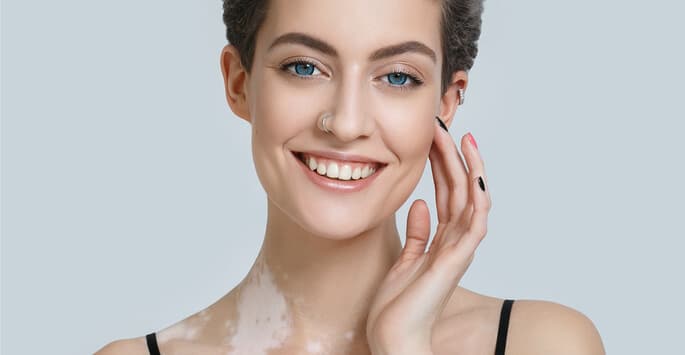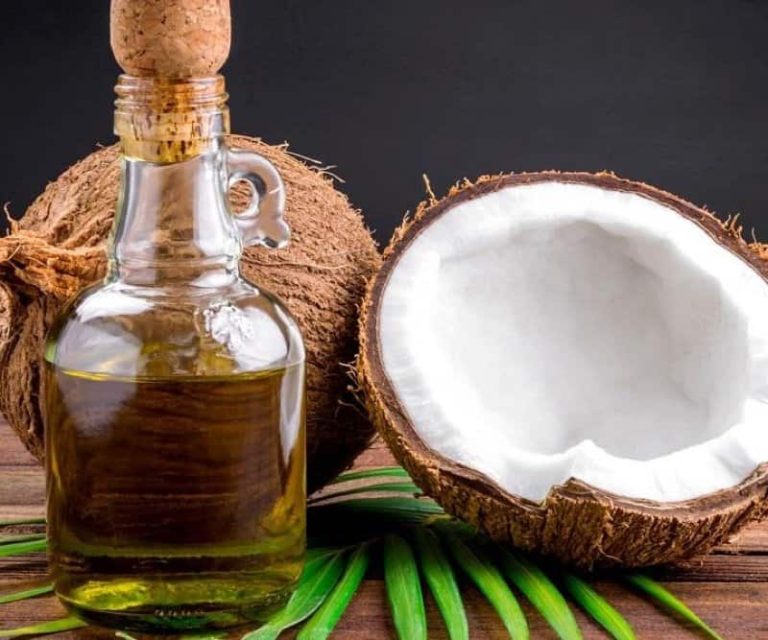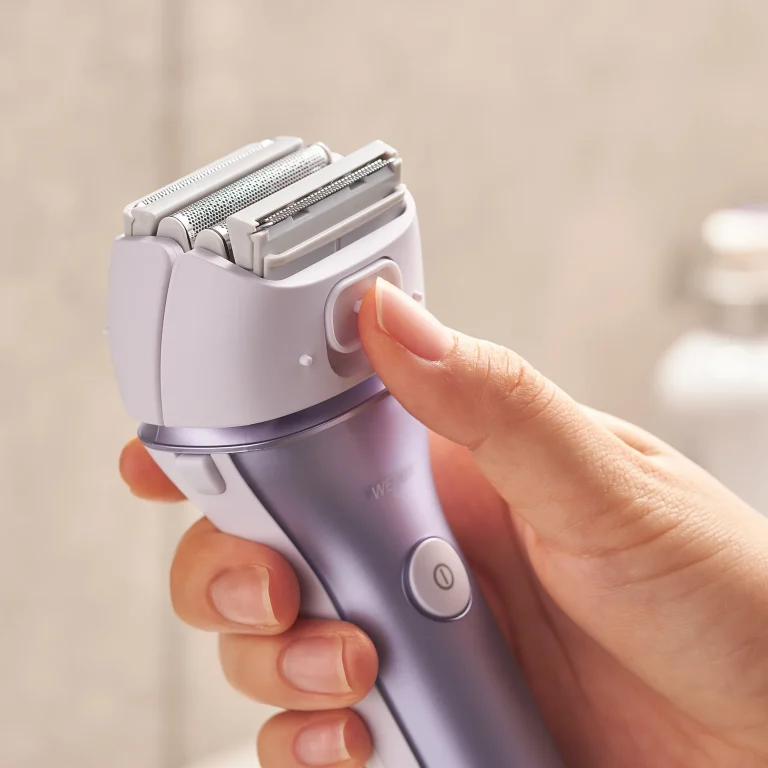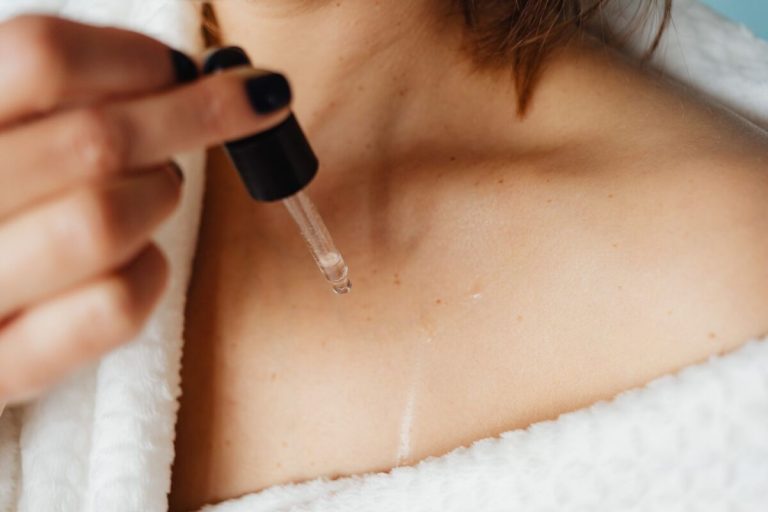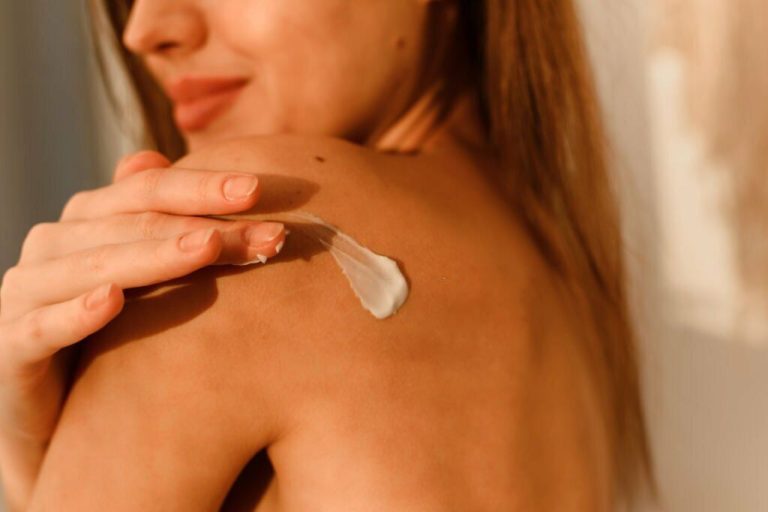Why Olive Oil Is Great For Your Skin?
Olive oil has been used for centuries to nourish skin and hair. As a natural wonder ingredient, olive oil offers an abundance of benefits for the skin that make it a staple in many skincare routines. Understanding exactly how olive oil helps the skin can help you incorporate it into your own regimen.
What Is Olive Oil?
Contents
Olive oil is an oil extracted from olives, the fruit of olive trees. Olives are cold-pressed or crushed to produce the oils we know today. Olive oils can differ based on the type of olive, region where they are grown, and extraction process.
Types of Olive Oil
There are several varieties of olive oil that provide unique flavors and uses:
Extra Virgin Olive Oil
Extra virgin olive oil comes from the first press of olives. It has no more than 0.8% acidity and is considered the highest quality olive oil. Extra virgin olive oil has a bold, peppery flavor that works well for dressings and dipping.
Virgin Olive Oil
Virgin olive oil also comes from the first press of olives but can have a slightly higher acidity level up to 2%. It has a milder flavor than extra virgin.
Olive Oil
This is a blend of virgin olive oils and refined olive oils. It has a more neutral flavor and is commonly used for cooking and frying foods.
Pure Olive Oil
Pure olive oil is a blend of virgin olive oils and refined olive oil that undergone chemical processing. It has very little flavor and works well for high-heat cooking.
Light Olive Oil
Light olive oil refers to oils that have undergone an extremely fine filtration process. The lighter color, mild flavor, and high smoke point make it ideal for baking.
Flavored Olive Oils
Flavored olive oils are infused with different herbs, garlic, citrus, or other ingredients to add flavor. They work well for dipping, dressings, marinades, and finishing dishes.
Forms of Olive Oil for Skincare
When it comes to skincare, certain forms of olive oil offer the most benefits:
Extra Virgin Olive Oil
Extra virgin olive oil is the highest quality for skincare. It’s rich in antioxidants like vitamin E and oleic acid to deeply moisturize and nourish skin.
Olive Oil Extract
Olive oil extract provides a more concentrated form of the oil’s benefits. It’s abundant in polyphenols to improve elasticity and reduce appearance of wrinkles.
Olive Oil Soap
Olive oil soaps gently cleanse skin while providing key moisturizing and nourishing properties. It’s excellent for people with dry or sensitive skin.
Olive Oil Moisturizers
Moisturizers made with olive oil hydrate skin while protecting it from environmental damage. Olive oil’s vitamin E defends against UV radiation and pollutants.
Olive Oil Lip Balm
Lip balms containing olive oil moisturize lips while creating a barrier to seal in moisture. This keeps lips soft and supple.
For skincare purposes, it’s best to use high-quality, extra virgin olive oil. This provides the highest concentration of antioxidants and beneficial properties.
Benefits of Olive Oil for The Skin
Using olive oil can transform skin’s texture and appearance. Here are some of the top benefits:
Moisturizes Skin
Olive oil is excellent for moisturizing skin. The fatty acids help nourish skin cells while squalene prevents water loss by forming a protective barrier. This keeps skin supple and hydrated.
Protects Against Environmental Damage
Antioxidants like polyphenols and vitamin E found in olive oil protect the skin from environmental stressors. It helps guard skin from free radicals caused by UV radiation, pollutants, and other damaging factors.
Soothes and Calms Skin
Olive oil has natural anti-inflammatory properties. Applying olive oil can help calm and soothe irritated, inflamed skin conditions. It helps reduce redness caused by sun exposure, allergies, or skin conditions like eczema.
Improves Skin Texture
The nourishing fatty acids and antioxidants in olive oil improve skin’s overall texture. Using olive oil helps skin feel smooth and appear more youthful by reducing the appearance of fine lines and wrinkles.
May Help Treat Skin Conditions
Some research indicates olive oil’s antimicrobial properties may help treat acne, psoriasis, and fungal infections. The antibacterial and antifungal properties make it a home remedy for various skin ailments.
May Prevent Signs of Aging
Olive oil is loaded with antioxidants that protect the skin from free radical damage. Using olive oil may help safeguard skin from premature aging and reduce the appearance of wrinkles and fine lines.
Works as a Natural Makeup Remover
Olive oil effectively breaks down makeup and removes it from skin without stripping natural oils. Gently massage it onto dry skin to lift away makeup and impurities.
How to Use Olive Oil on Your Skin
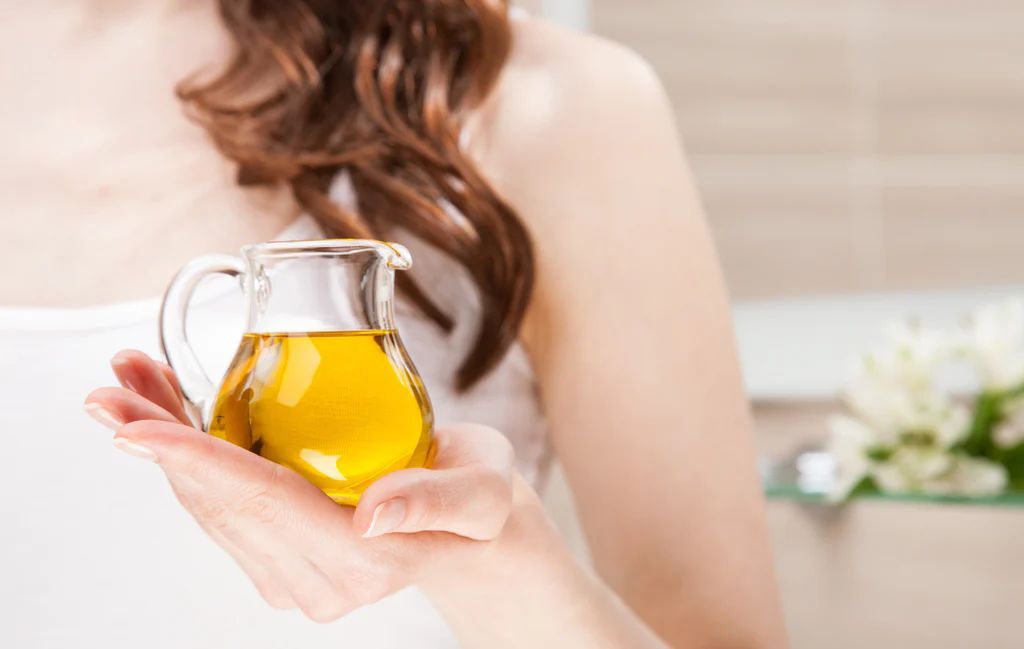
Using olive oil on your skin is simple. Follow these tips:
Apply Natural Olive Oil
Pour a small amount of extra virgin olive oil into your palm and rub between hands to warm. Gently massage into skin using upward, circular motions until fully absorbed. Avoid tugging or pulling on delicate skin.
Use Olive Oil Skin Products
Follow instructions from the product brand. Many olive oil cleansers, masks, moisturizers, and lotions can be massaged into skin or applied as spot treatments.
Getting the Most from Olive Oil
To reap the many benefits olive oil offers for skin, consider these tips:
Use High-Quality Extra Virgin
Look for extra virgin olive oil that is certified organic, unrefined, and cold-pressed. This ensures maximum antioxidant content and beneficial properties for skin.
Customize Treatments
Boost olive oil’s effectiveness by combining it with other antioxidant-rich ingredients like honey, oats, or shea butter. You can also tailor the ratio for your skin type.
Eating Olive Oil Benefits Skin Too
Ingesting olive oil also promotes skin health. It provides healthy fats, antioxidants, and nutrients. So be sure to drizzle it on salads and use it for cooking!
Potential Disadvantages of Olive Oil on Skin
Olive oil is well tolerated by most people. However, here are some potential drawbacks:
Mild Side Effects
In rare cases, olive oil may cause minor irritation, rashes, or redness. This is likely due to its acidic nature. Discontinue use if this occurs.
Adverse Reactions
Allergies or sensitivity to olive oil is uncommon but possible. Stop using olive oil and consult a doctor if any abnormal reactions develop.
Alternatives to Olive Oil for Skin
For those looking for alternatives, here are a few options:
Coconut Oil
Like olive oil, coconut oil moisturizes and kills bacteria. It works well for oil pulling, as a makeup remover, or in homemade scrubs.
Sweet Almond Oil
The vitamins and fatty acids in almond oil help rejuvenate skin. It’s lightweight and ideal for daily moisture.
Avocado Oil
Avocado oil penetrates deeply to hydrate skin. It’s rich in antioxidants and gentle enough for sensitive skin.
Aloe Vera Gel
Aloe vera soothes dry, irritated skin while providing vitamins and antioxidants. It’s lightweight and ideal for oily skin.
Conclusion
Olive oil deserves its reputation as a natural skincare superstar. It moisturizes, nourishes, and protects skin while combating various skin issues. With regular use, olive oil can transform lackluster skin into a healthier, more radiant complexion. Be sure to incorporate this multitasking ingredient into your skincare regimen to experience its incredible benefits yourself.

Founded by Sophia Rodriguez, IGXO Cosmetics is a PETA-certified, cruelty-free, and vegan makeup brand.
